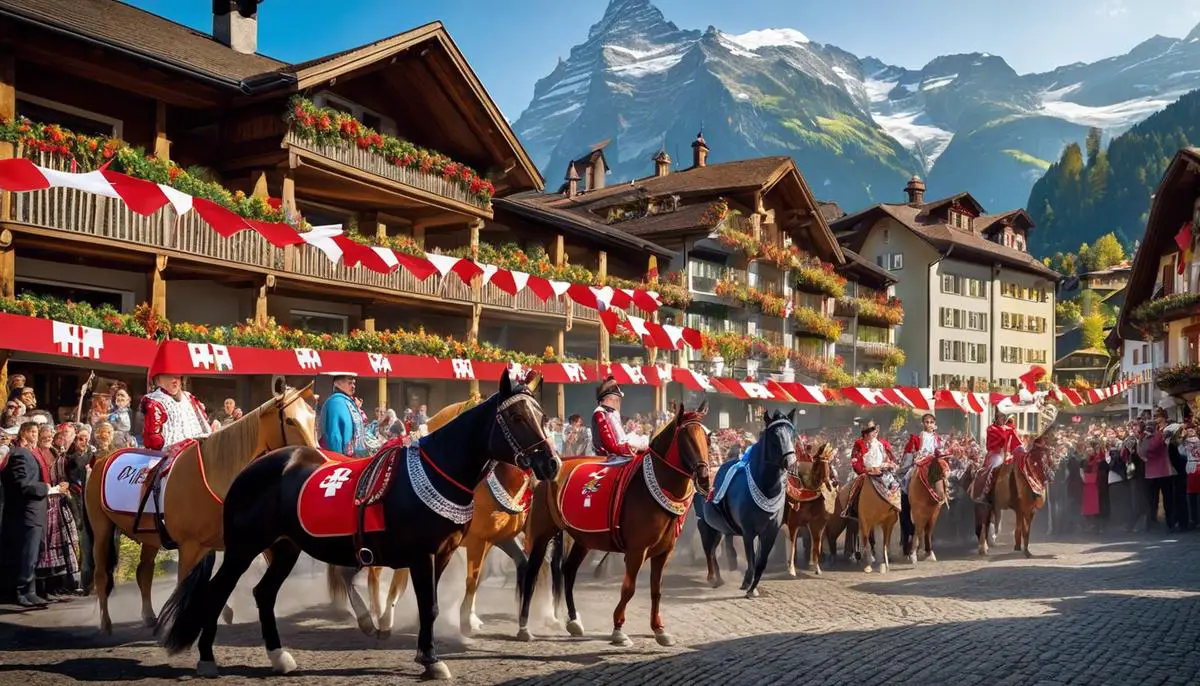Switzerland, with its picturesque landscapes and rich history, intricately weaves horses into its cultural tapestry showcasing a unique blend of tradition, grandeur, and sport through horse festivals. The chime of horse bells, dramatic parades, and impressive equestrian exhibitions highlight these grand events, attesting to the deep-seated love and respect the Swiss harbor for their equine companions. This vast cultural element beckons our exploration into the history of these revered horse festivals, their significance in Swiss life, and some of the major ones that color the Swiss annual calendar. We will also delve into practical tips for those seeking to savor the magic of these festivals up close.
Table of Contents (Horspedia)
History of Switzerland’s Horse Festivals
Delving into the Rich Tradition of Horse Festivals in Switzerland
Riding high on the crest of Alpine splendor, Switzerland happens to be a treasure-trove of traditions, from cow parades to yodeling. However, peeking through the pages of Swiss tradition, one event that certainly stands out is their horse festivals, an embodiment of their historical and deep-rooted love for horses.
Let’s start at the beginning. The origin of horse festivals in Switzerland, or ‘Marchés-Concours’, as they’re commonly known, dates back to the late 19th century. The first horse festival was held in August 1897, in Saignelégier, a small town nestled within the verdant Swiss Jura mountains. The purpose? To revive the declining Franches-Montagnes (Freiberger) horse breed, Switzerland’s only native horse breed, revered for its versatility and robust nature. Ever since that fateful inaugural event, these horse festivals have gained momentum, gradually turning into annual spectacles adorned on the Swiss cultural calendar.
Anyone delving into the spectacle of these horse festivals would observe the enormous sense of camaraderie and community spirit each festival embodies. These vibrant events seamlessly blend equestrian contests with festive activities, meritoriously showcasing the elan of the Swiss horse culture.
Horse breeders congregate from across the nation, proudly parading their steeds, competing in races, show jumping, and even chariot contests. The festivals are a hub for horse enthusiasts to pick from an array of Freiberger colts, with prices often skyrocketing due to the sheer intensity of competition. The excitement at these events is palpable, reflected in the enthusiastic cheers, a testament to the vigorous Swiss appreciation for horses.
Unique to the horse festivals is the ‘Derby’, a horse race that brings together the fastest Freibergers of the country. Much sought after and revered, winning the ‘Derby’ is considered the pinnacle of achievement for any breeder. Watched keenly by tens of thousand spectators, this race showcases the power, speed, and beauty of the Freibergers at its best.
What cement these festivals into the hearts of many, are the incorporated folk traditions, an excellent representation of Swiss culture outside horse breeding. Traditional music is played throughout the festival, engaging the audience with its rhythmic cadences. Authentic Swiss cuisines are served, tingling the taste buds of attendees while reinforcing the essence of local tradition.
Perhaps the most delightful aspect of these horse festivals is their impact on the local economy. Every year, the festivals attract a diverse range of tourists, from horse enthusiasts to casual adventurers, from all across the globe, bringing substantial revenue to these towns. In fact, these festivals have been instrumental in putting places like Saignelégier on the global map.
Thus, horse festivals in Switzerland are more than mere equestrian events: they are an intricate blend of horse breeding, community spirit, Swiss culture, local economy fostering, and global exposure. Nowhere else can one experience such a vivid amalgamation of leisure and tradition. In the verdant lap of Switzerland’s mountains, these unique horse festivals continue to gallop forward, leaving deep hoofprints in the sands of cultural legacy.
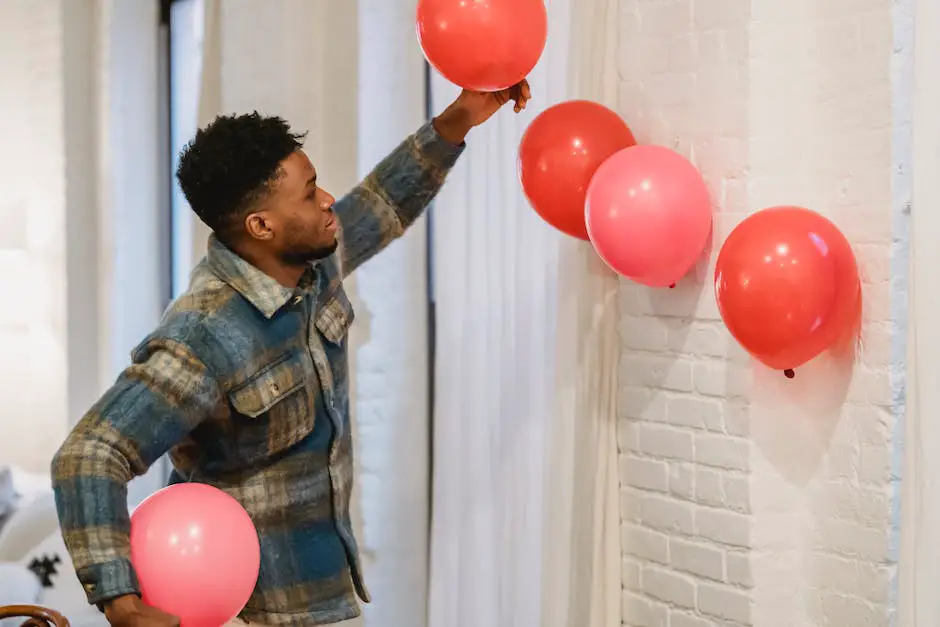
Significance of Horses in Swiss Culture
Equine Elegance: The Keystone of Swiss Cultural Festivities
As one delves deeper into the Swiss cultural milieu, the profound connection of the Swiss populace with horses becomes increasingly evident. These majestic creatures occupy a central role in Swiss cultural events, and their significance goes far beyond the exciting races and equestrian contests.
One hugely significant aspect of horses being celebrated in Swiss cultural events is their role in preserving and showcasing Swiss heritage. To truly capture the zeitgeist of a culture, one must look closely at its traditions. In Switzerland, an array of traditional horse-drawn carriage rides, lionized in different cultural festivities, reinforces this point, offering a visceral experience of a bygone era.
Take, for instance, the traditional ‘Fahrsport’ or driving sport events. Rooted in the old world charm of carriage driving, these events are immensely popular and offer a sense of continuity from the past to the present. The horses and carriage drivers beautifully kitted out in traditional attire offer spectators a tapestry of harking back to the rich Swiss history, serving as a vibrant reminder of the country’s persevering traditions.
Another significant role horses play in Swiss events lies in their contribution to learnings about animal husbandry and the natural world. Festivities such as the annual ‘Marché-Concours’ in Saignelégier present a brilliant opportunity for learning. Demonstrations on horse grooming, care, and training not only educate the masses but also foster a deeper sense of respect for these wonderful creatures.
The world-renowned horse therapy sessions offered in the Swiss canton of Vaud, reflected in various cultural festivities, also underscore the therapeutic role horses play. This wonderfully insightful practice uses horses to help those dealing with mental health issues, trauma, and developmental difficulties. The fact that this practice has a place in Swiss cultural events highlights our equine friends’ profound socio-psycho importance.
The aesthetic influence of horses in Swiss cultural events is also hard to overstate. Their grace, agility, and power are often mirrored in other artistic expressions during these events, such as folk dance, music, and even fashion. A traditional Swiss ‘cowboy’ hat and riding boots are a common sight during these festivities, underlining the pervasive influence of horses in Swiss culture.
In conclusion, the role of horses in Swiss cultural events is not merely entertaining or historical, it’s ingrained in the country’s socio-cultural fabric. They deepen the connection to Swiss heritage, facilitate education, offer therapeutic benefits, inspire art, and beyond. Therefore, when one encounters a horse at a Swiss cultural event, one is truly witnessing a symbol of the deep love and respect that Switzerland has for its equine companions.
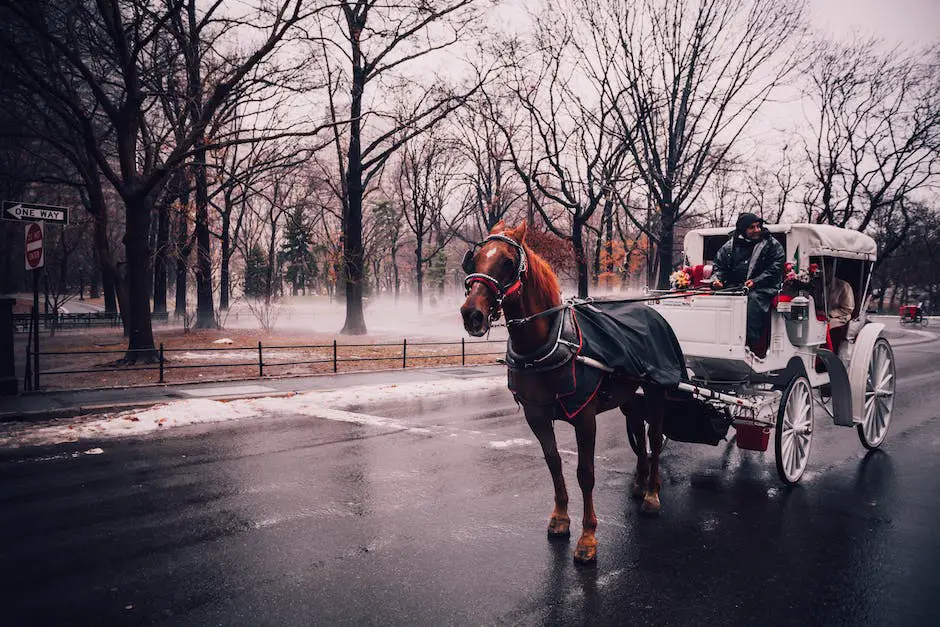
Spotlight on Major Switzerland Horse Festivals
A dive into the enthralling world of Swiss horse festivals reveals a rich tapestry of horse-centered events and traditions. Among the most notable ones is the Marché-Concours National de Chevaux, or the National Horse Market-Competition, held in Saignelégier in the canton of Jura. Primarily a trade fair, it has grown to become a delightful spectacle of horse competitions, exhibitions, and various folk events epitomizing the Swiss equestrian spirit.
No less significant is the Plaffeien Horse Fair which takes place in the Swiss canton of Fribourg. This traditional fair is a platform where the buying and selling of horses take the center stage. Attendees can enjoy shows featuring carriage rides and parades, which further foster appreciation for the various horse breeds present.
Switzerland also celebrates the Chesilée, a horse skiing competition, which is not only a demonstration of the horses’ strength and agility but also the riders’ daringness and skill. This one-of-a-kind horse event is a crowd favorite, as roaring cheers, dramatic descents, and the crisp winter air make for a thrilling and breathtaking spectacle.
With the love for draught horses, comes the fascination into the “Schwingen” or horse log pulling competitions. This traditional sport, considered a heritage in itself, is a testament to the raw power and endurance of Swiss draught horses. The crowd marvels at the exquisite synchrony of man and beast working together to pull heavy wooden logs and beams.
Exploring the horse festivals also leads us into unique equestrian performances called Corsa delle Broge. Highly anticipated by equestrian professionals and enthusiasts alike, the race sees riders displaying their adeptness in competitive horse racing across icy terrains, a thrilling display of raw equine power and rider tenacity.
For a more sedate, yet equally significant event, the National Horse Grooming Contest in Avenches is not to be missed. It showcases the finesse of horse grooming, a discipline that requires great patience and attention to detail. The competition judges consider not just the horse’s well-brushed coat and glossy mane, but also their health and happiness—a reflection of the dedication and love going into horse care.
The Swiss equestrian community is not all about competitive sports. The National Stud Farm in Avenches hosts a slew of equine-centered events, including the Kutschenfahrt or carriage rides, which pays homage to a mode of transport that harkens back to historical Swiss culture.
Let’s not also forget: Horses, in Switzerland, are not only revered as athletic beings but as healers too—in the form of horse therapy. Known for their sensitivity, horses are being employed in therapeutic settings across the cantons providing comfort and aid for those in need.
Although already encompassing a multitude of areas revolving around horses, the Swiss equestrian scene continues to thrive. The bond between the Swiss and their beloved horses is truly something to behold—deep-seated in history, deeply loved in the present, and a legacy that promises to continue in the future.
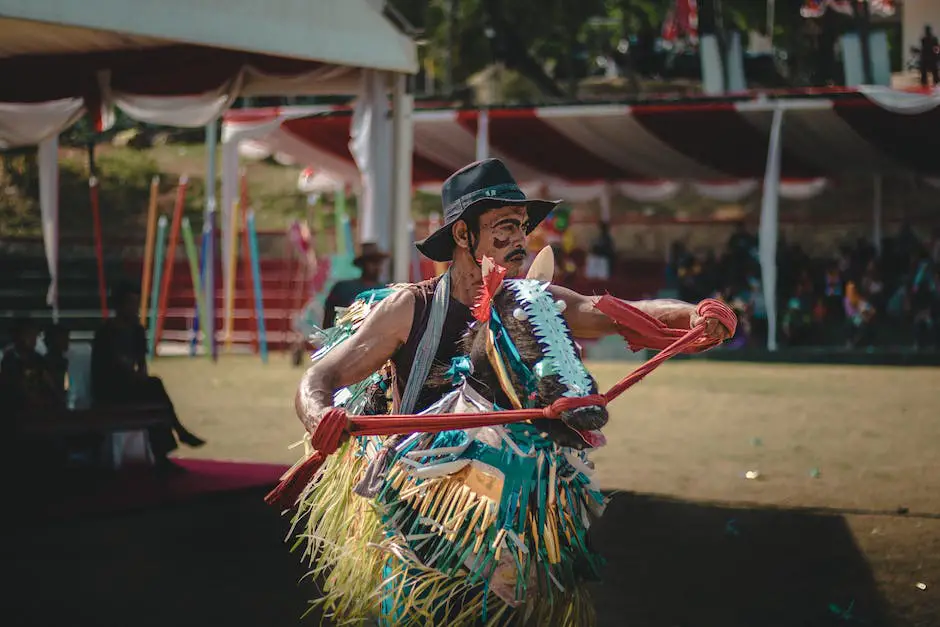
Visiting the Swiss Horse Festivals
Ready to immerse in the vibrant, tradition-rich experience of Swiss horse festivals? Whether you’re looking to step into a fairy-tale like carriage ride or witnessing a thrilling icy horse race, you’ll be glad to know that, there’s something exceptional in store for every equestrian lover.
Before attending these festivals, it’s advisable to book accommodations and travel in advance, as these fests attract a flood of visitors and near-by hotels or lodgings might fill up quickly. Come prepared to be out in the weather – pack appropriate attire as weather can be unpredictable, especially for icy terrains racing events like the Corsa delle Broge.
Horse festivals in Switzerland take equestrian fashion seriously; thus, you can expect a visual treat! Sweeping capes, feathered hats, traditional costumes, and intricate embroidery are not merely a fashion statement but also symbolize a deep respect for heritage. Don’t shy away from joining in; immerse in tradition by donning rental local attire.
When visiting, always respect the horses. For many Swiss, horses are more than animals – they are family, colleagues, and friends. Festivals are indeed fun-filled, but they also serve as platforms to foster a bond with these majestic creatures. Whether it’s a heart-racing Derby or a competitive grooming contest, every event runs deep with respect for horses and the vital role they play in Swiss culture.
Don’t miss the Marché-Concours National de Chevaux, the crown jewel of Swiss horse festivals. It’s not just about equestrian competition but also a grand display of Freiberger, the Swiss national horse breed. If time allows, spending a day or two at the National Stud Farm at Avenches can be immensely educational.
Food forms an integral part of the Swiss horse festivals. Indulge in mouth-watering local cuisines that include the likes of raclette, rosti, and fondue. Don’t forget to sample the local wines and beers – the perfect accompaniment to the Swiss gastronomic delight.
And finally, seize every moment. Witness the physics-defying Schwingen (horse log pulling competition), cheer with crowds during the Plaffeien Horse Fair, or empathize with the therapeutic power of horses in the cantons.
All set? Grab the reins of this journey because, at the heart of millions of equestrians and an undying legacy, awaits a Swiss horse festival that’s not just an event, but an experience, a collective heartbeat, and a tradition passed down through generations.
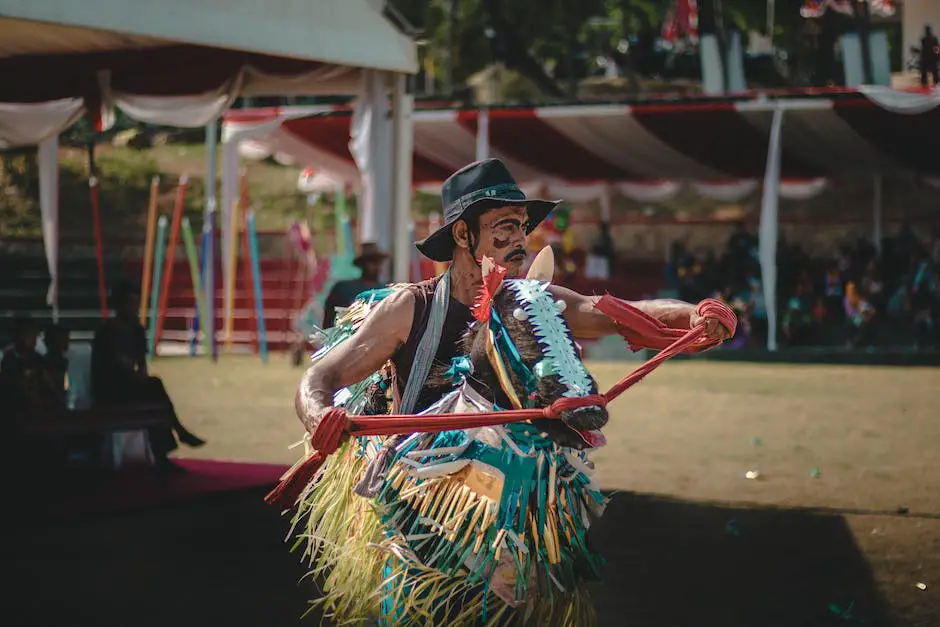
Immerse yourself in these grand horse festivals that not only celebrate the magnificence of horses but also the close-knit communities and their shared traditions. Whether it’s the power-filled tug-of-war competition at the Marché-Concours or the flashy musical horse show at the National Horse Show Saignelégier, each festival teems with patriotic exuberance and equestrian skill. Armed with the knowledge of these festivals’ historical background and cultural connotations, alongside some practical tips, you are ideally poised for an enjoyable sojourn amidst the clinking horse bells in tranquil Swiss hamlets. So put on your festival gear and get ready for a Swiss cultural experience that will leave a lasting impression on your heart!
